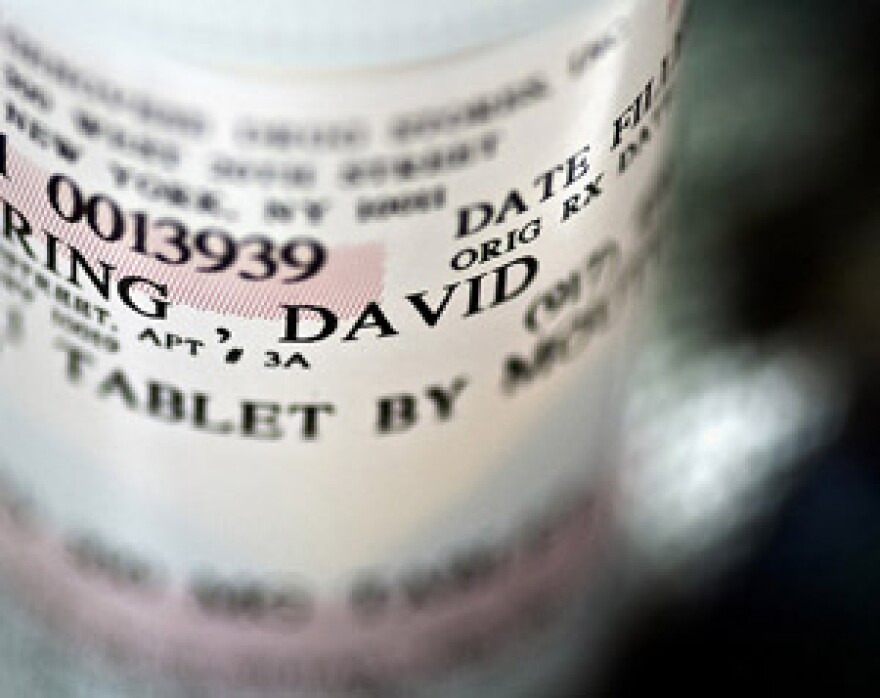Updated 5:25 a.m. Friday with final vote information. Reporting from Illinois Public Radio's Brian Mackey was used in this story.
Just before 7 p.m. Thursday, the Illinois Senate approved the cuts by a vote of 44-13.
African-American lawmakers continued their opposition to the cuts, saying they fall disproportionately on their constituents.
"I don't know where it's written in the law that [the budget] has to be balanced on the backs of poor people, off the backs of the aged, the blind and the disabled," said Democratic state representative Mary Flowers of Chicago. "I haven't seen that in the years I've been down here.
"Ladies and gentlemen, the floor is falling out beneath the people that you're talking about," said Sen. Dale Righter, a Republican from Mattoon. "The damage is too severe. The backlog of bills is way too heavy."
In a statement, Gov. Pat Quinn praised the passage of the cuts, which are a crucial component of his budget proposal. But the deal depends on the passage of several other pieces of legislation, including a dollar-a-pack increase in the state's cigarette tax.
And House Speaker Michael Madigan - like Quinn, a Democrat - has thrown cold water on another part of the governor's budget proposal – an increase in the retirement age to 67.
Madigan told the Associated Press that requiring current state workers to wait an additional two years to retire is against the state’s constitution. The retirement age increase is part of Quinn’s plan to close an $83 billion gap in public pension programs.
Madigan says he also wants to phase in a requirement that public school districts share in the cost of teacher pensions. As Speaker - he controls what legislation is considered in the chamber.
Our original story:
The Illinois House overwhelmingly approved steep cuts in Illinois' system of health care for the poor this afternoon. The cuts to Medicaid are broad and deep.
The measure reduces the amount of money someone can earn to qualify for state-subsidized health care. It eliminates Illinois Cares Rx, a prescription drug benefit for senior citizens.
And the Medicaid rolls will be more closely checked for people who should not be getting benefits. Thousands could be affected.
Representative Sara Feigenholtz, a Democrat from Chicago, sponsored the cuts.
"Ladies and gentlemen, stand tall on voting yes on this bill," Feigenholtz said. "It will right our ship of state. We will have to come back and fix things, it is not perfect, but it deserves your support for the future of the state of Illinois."
The measure slashes more than $1.5 billion from Medicaid, but its ultimate fate is tied to other legislation expected to move in the coming days. That includes a $1 per pack increase in the cigarette tax, which is likely to garner less support.
The Medicaid cuts now go before the Senate, which could take up the measure tonight.





